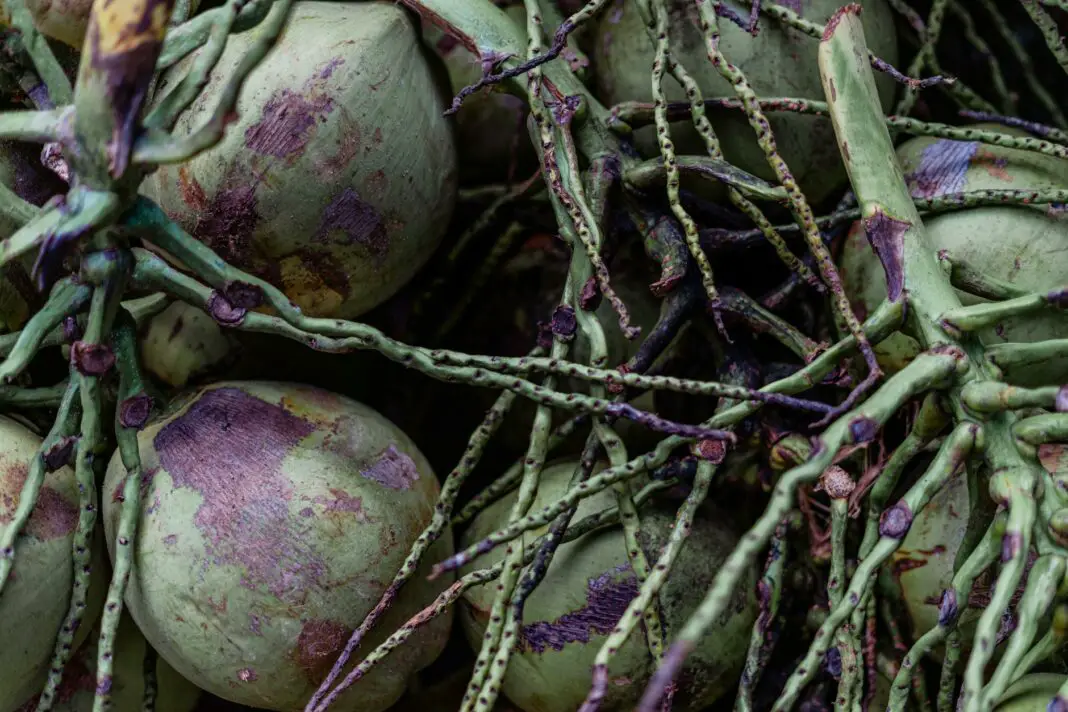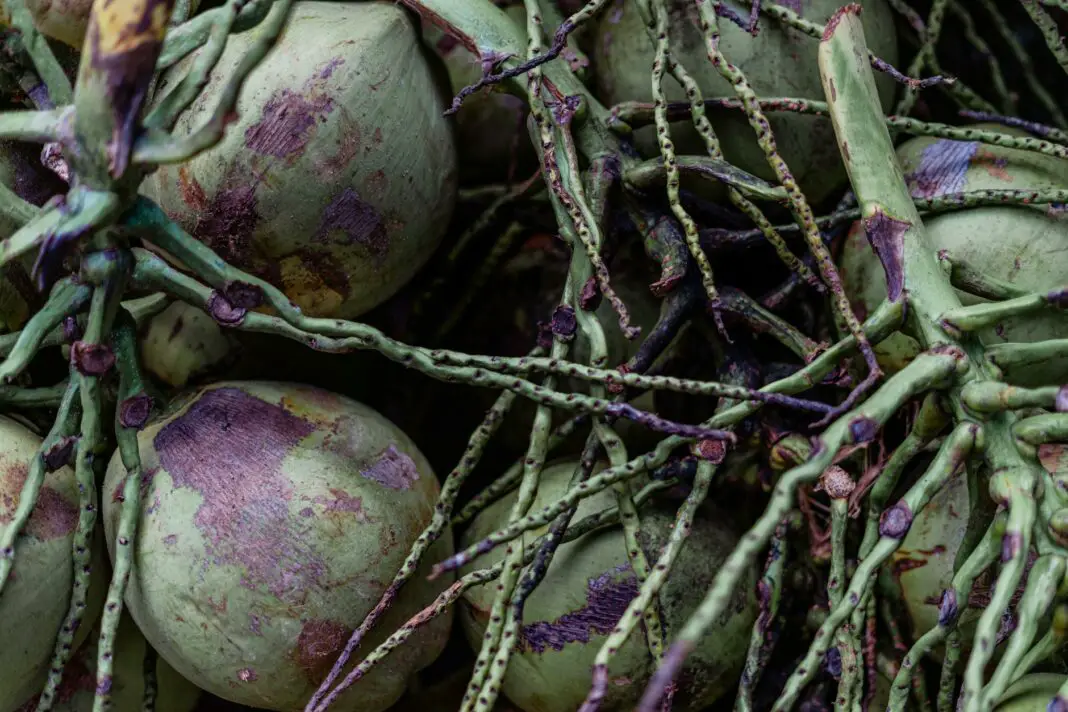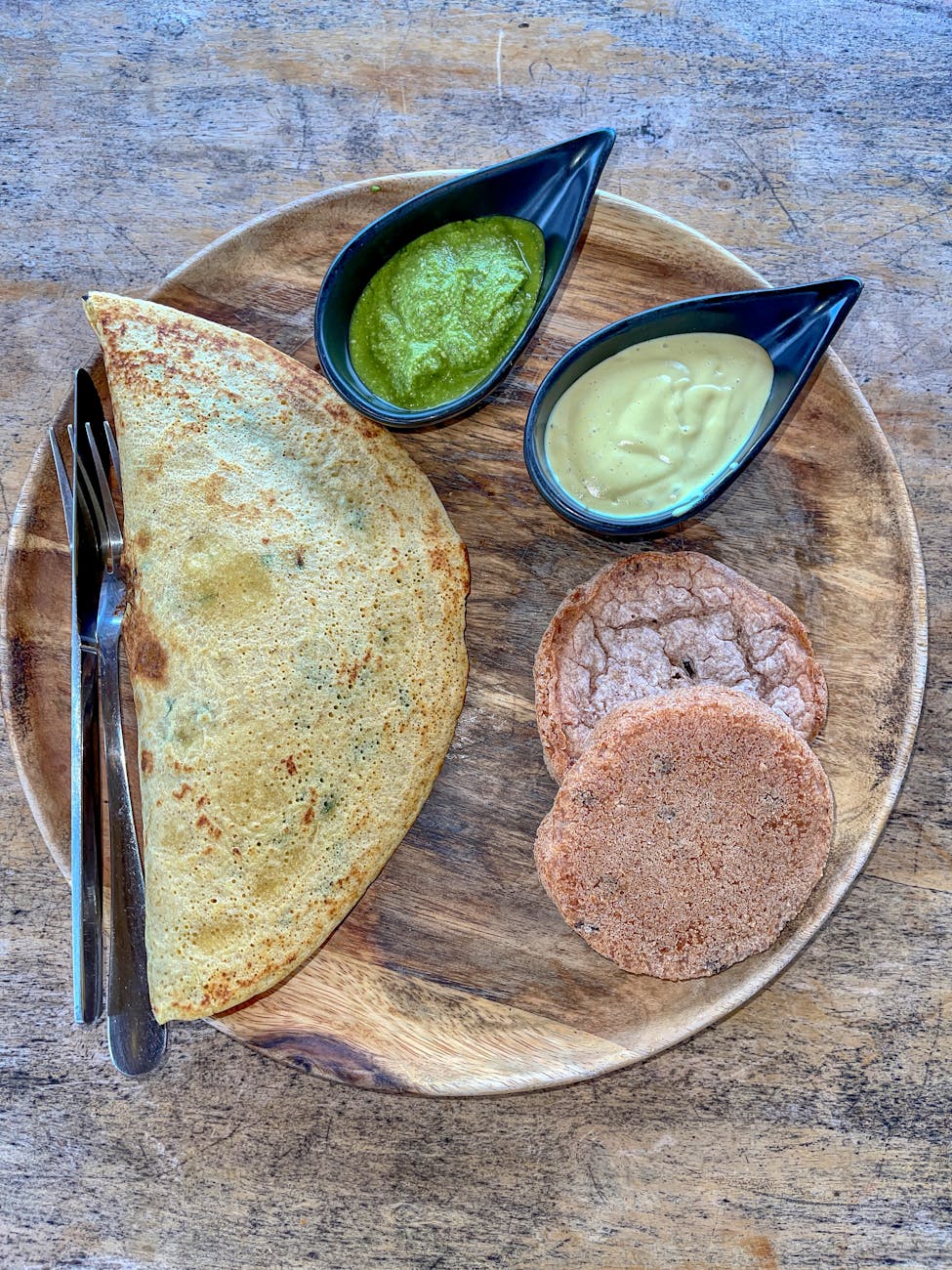Embarking on a journey to Thailand presents a kaleidoscope of experiences, especially for food enthusiasts who prioritize sustainability. This vibrant country, renowned for its rich culture and delectable cuisine, has become a beacon for sustainable dining adventures. Travelers can indulge in authenticThai delicacies while supporting local farmers and eco-friendly practices. The opportunity to savor fresh, organic ingredients sourced from community gardens and sustainable farms adds a depth of meaning to each meal, making Thailand an unrivaled destination for conscientious food lovers.
Thailand’s culinary landscape melds tradition with innovation, providing countless opportunities to taste dishes that spotlight sustainability. As more travelers gravitate towards eco-friendly practices, local restaurants and markets have responded by embracing organic farming, reducing food waste, and promoting responsible sourcing. This blog post delves into the sustainable dining scene in Thailand, showcasing why it stands as a premier destination for gastronomic delight that’s kind to the planet.
Table of Contents
- Exploring Thai Cuisine
- Sustainable Dining Trends in Thailand
- Visiting Local Markets
- Top Eco-Friendly Restaurants
- Sustainable Farming Practices
- Experiential Dining Adventures
- Why Taste Thailand
- Final Thoughts on Sustainable Dining in Thailand
- Frequently Asked Questions
Exploring Thai Cuisine
Thai cuisine transcends mere food; it embodies a vivid narrative of culture and tradition. Comprising powerful flavors, spicy ingredients, and fresh herbs, the Thai culinary scene captures the essence of its people’s lifestyle. Dishes such as Pad Thai, Tom Yum, and Green Curry are more than just meals; they are experiences that tell stories of local traditions and communal gatherings. Many dishes incorporate organic vegetables and herbs sourced from nearby farms, allowing diners to relish every bite with the knowledge that their meal was produced using sustainable practices. Furthermore, indulging in local cuisines not only satiates your taste buds but also provides a direct link to the community and supports regional economies.
Moreover, the emphasis on balance in Thai cooking—between sweet, sour, salty, and spicy—mirrors the sustainable dining movement. With a growing awareness of environmental issues, many Thai chefs are turning to local ingredients, emphasizing dishes that reduce carbon footprints while ensuring authenticity. For food enthusiasts seeking a deeper connection to their meals, understanding the cultural significance behind each dish enhances the dining experience, making it not only delicious but also culturally enriching.
Sustainable Dining Trends in Thailand
In recent years, a shift towards sustainability has been gaining momentum in Thai gastronomy, as chefs and restaurateurs adapt to global needs while maintaining their cultural heritage. The adoption of organic and locally-sourced ingredients highlights Thailand’s commitment to environmental stewardship. An increasing number of eateries focus on minimizing waste, offering plant-based options, and adhering to ethical sourcing, which resonates with both locals and tourists alike. This progressive trend aligns beautifully with the global push against unsustainable practices, presenting an enviable opportunity for travelers to be part of a positive change during their culinary explorations.
Furthermore, successful initiatives take shape in the form of collaborations between local communities and culinary experts, emphasizing transparency in the food supply chain. Diners now have access to detailed information about where their food origin comes from, fostering a sense of responsibility and connection to the land. The drive for sustainability not only elevates the dining experience but also cultivates a greater appreciation for the natural bounty Thailand has to offer, inspiring travelers to choose restaurants that prioritize eco-conscious methods and ethical practices.
Visiting Local Markets
A visit to Thailand is incomplete without exploring its bustling local markets, which serve as the heart of its vibrant food culture. Markets such as Chatuchak in Bangkok and Chiang Mai’s Night Bazaar are treasure troves brimming with fresh produce, locally-made goods, and interactive food stalls. These markets cultivate a sense of community and serve as avenues for connecting with local farmers, artisans, and chefs committed to sustainability. When you shop at these markets, you contribute to the local economy, support small-scale farmers, and enjoy food that bursts with authenticity.
Local markets not only provide an incredible selection of ingredients but also serve as a source of inspiration for those passionate about cooking. Visitors can engage in various culinary activities, such as learning to pick fresh herbs or discovering how to select the best produce. Many vendors prioritize sustainable farming practices, ensuring that your purchases contribute to environmental well-being. Beyond simply shopping, these markets offer an immersive experience that deepens your connection to Thai culture and reinforces the importance of conscious consumerism.
Top Eco-Friendly Restaurants
As Thailand continues to embrace sustainable dining, many eco-friendly restaurants are at the forefront of this movement, each showcasing unique interpretations of traditional dishes through a green lens. Notable establishments like Bo.lan and Raan Jay Fai are not just famous for their culinary prowess but also for their dedication to supporting local farmers and minimizing environmental impacts. By sourcing ingredients from nearby farms, these restaurants enrich their menus, ensuring every dish reflects the freshest flavors while promoting sustainability.
In addition, many of these eco-friendly dining venues prioritize zero-waste practices, often repurposing ingredients and minimizing packaging. Diners can indulge in their meals, knowing that they are supporting efforts that contribute positively to the environment. Such dining experiences not only tantalize your taste buds but also resonate with the values of health, wellness, and sustainability. This commitment to eco-friendliness has positioned Thailand as a global leader in culinary innovation that seeks to harmonize flavor with ecological responsibility.
Sustainable Farming Practices
At the core of Thailand’s sustainable dining movement lies a growing appreciation for the significance of responsible farming. Small-scale community farms play a crucial role in replenishing the land while cultivating high-quality, fresh produce that interfaces seamlessly with dining establishments. Many restaurants have formed direct partnerships with local farmers to ensure transparency and ethical sourcing. This commitment to sustainable farming empowers locals, providing them with fair prices for their crops while meeting the increasing demand for organic produce.
In addition, traditional practices like permaculture, which focus on harmonizing the agricultural processes with nature, are becoming increasingly prevalent. This innovative approach not only mitigates environmental degradation but also enhances biodiversity, protecting the natural ecosystem. As consumers become more discerning regarding their food sources, the continued growth of sustainable farming in Thailand stands as a crucial pillar in the quest for environmentally-friendly dining. Engaging with these practices not only enriches the food experience but also inspires travelers to adopt more responsible consumption habits.
Experiential Dining Adventures
Thailand offers far more than just delicious meals; it invites culinary explorers on immersive experiences that deepen their understanding of local flavors. From cooking classes led by renowned chefs to farm-to-table dining experiences, options abound for those seeking a true taste of Thailand. Participate in cooking workshops that teach you to prepare traditional recipes using ingredients sourced directly from local markets, allowing you to bring a piece of Thailand back home.
Beyond just food preparation, many establishments provide context about cultural practices that inform their culinary traditions. Guests can engage in activities like foraging for wild herbs or learning about traditional food preservation methods, allowing for a richer understanding of Thai heritage. These experiential dining adventures foster meaningful connections with local cultures and present opportunities for sustainable tourism. By getting involved, travelers not only enhance their culinary skills but also cultivate a genuine appreciation for the land and its people.
Why Taste Thailand
Tasting Thailand signifies much more than the enjoyment of extraordinary flavors—it is about embracing a holistic vision of sustainability that intertwines food, culture, and environment. As you delve into the heart of Thai cuisine, you discover the power of local ecosystems that nourish communities, economies, and culinary traditions. By choosing sustainable dining options, individuals contribute to the preservation of Thailand’s rich cultural heritage while promoting future practices that honor the earth and its inhabitants.
The landscape of Thailand continues to evolve, as both locals and visitors recognize the pivotal roles they play in fostering sustainability. With an increasing number of eco-conscious eateries, local markets celebrating organic produce, and farms focusing on sustainable practices, Thailand has solidified its reputation as a premier destination for food lovers who value both flavor and sustainability. When dining in Thailand, you do not just indulge; you embark on a journey that facilitates social responsibility and a deep appreciation for the interconnectedness of food, culture, and the environment.
Embarking on a Culinary Journey of Conscience
Opting for sustainable dining in Thailand nurtures not only personal experiences but also the larger community that thrives on these practices. Each meal enjoyed becomes an opportunity to champion eco-friendly methods and support local economies, enriching both the traveler’s experience and the lives of those who cultivate the land. As Thailand continues to shine as a leading destination in the realm of sustainable dining adventures, embracing this ethos enhances our collective journey toward a healthier planet.
Frequently Asked Questions
- What are some common sustainable practices in Thai restaurants? Many Thai restaurants focus on sourcing ingredients locally, reducing food waste, offering plant-based options, and practicing ethical sourcing.
- How can I find eco-friendly restaurants in Thailand? Platforms such as Google reviews, TripAdvisor, and local guides can help you discover restaurants committed to sustainable practices. Additionally, seeking recommendations from locals can lead you to hidden gems.
- Are there any cooking classes focused on sustainable practices in Thailand? Yes, numerous cooking schools in Thailand offer classes that emphasize sustainable techniques and use organic, locally-sourced ingredients.
- What are the benefits of eating locally in Thailand? Eating locally supports farmers, reduces carbon footprints, and fosters a deeper connection to the cuisine and culture of the region.
- Is sustainable dining in Thailand expensive? While some upscale restaurants may charge a premium for organic offerings, many street food vendors and local markets provide delicious, sustainable options that are budget-friendly.
Image Credit: Pexels





